Inflammatory Bowel Disease
Inflammatory bowel disease (IBD) is a chronic, recurring condition that affects various parts of the gastrointestinal tract and the mucosa. As the disease progresses, typical dyspeptic symptoms are observed, as well as extraintestinal manifestations (e.g., weakness and pruritus).

specialists

equipment

treatment

Симптоматика
Signs of an inflamed bowel depend on the location of the lesion and the severity of the disease. Most symptoms are cyclical: active phases alternate with periods of relative calm – during these periods, discomfort is barely felt and the disease seems to be receding. Remission lasts from 2-3 months to several years.
To improve quality of life and avoid possible complications, it is important to be able to identify the signs of the disease. To do this, it is necessary to promptly consult a doctor and undergo a comprehensive examination.
Digestive symptoms of inflammatory bowel disease include:
- Persistent or intermittent diarrhea, sometimes with blood or mucus in the stool
- Cramping or persistent abdominal pain
- Intestinal bleeding (characteristic of Crohn's disease)
- Feeling of incomplete bowel movement, false urge to defecate
- Anal fissures (typical of ulcerative colitis)
- External or internal fistulas (in Crohn's disease)
The main symptom of inflammatory bowel disease not related to digestion is a deterioration in general condition. The patient quickly tires and often feels sleepy. In addition, body temperature rises, appetite decreases, and weight loss occurs. Blood loss and inadequate iron absorption often lead to anemia. In some cases, joint pain, eye inflammation, and the appearance of red, painful, nodular skin rashes are also observed.
The presence of one or more of the above symptoms requires immediate consultation with a doctor. The sooner a diagnosis is made and appropriate treatment is initiated, the better the chances of maintaining good health.
Diagnostic Features
Diagnosis begins with a detailed discussion of symptoms. The doctor then considers the patient's medical history, including past illnesses, diet, and lifestyle.
Next steps in diagnosis:
- Physical examination. The doctor palpates the abdomen and assesses the patient's appearance, including skin and mucous membrane color, tongue condition, and body composition.
- Laboratory tests. These include a complete blood count, biochemical analysis, urine analysis, and a stool sample. If necessary, the patient may submit a stool sample for bacteriology. These tests help the doctor assess the patient's overall health and identify possible causes of the disease.
- Instrumental diagnostics. These include endoscopic examinations (e.g., colonoscopy or upper gastrointestinal endoscopy), as well as X-rays and magnetic resonance imaging.
If necessary, the doctor refers the patient for additional consultations with other specialists.
IBD diagnosis: what is it? Inflammatory bowel disease is diagnosed based on the clinical picture, laboratory results, and instrumental tests.

Treatment of inflammatory bowel disease
How to treat inflammatory bowel disease? Treatment for these conditions requires a comprehensive approach and consists of the following stages:
- Induction of remission. This is aimed at suppressing active inflammatory processes. It is achieved through the use of glucocorticosteroids and immunosuppressants. In some cases, antibiotics and salicylates, as well as genetically engineered drugs (monoclonal antibodies to cytokines), are added to the treatment.
- Maintenance of remission. Immunosuppressants, drugs based on 5-aminosalicylic acid, and monoclonal antibodies are used. The goal of this stage is to maintain remission and control symptoms without the use of hormonal therapy.
- Adjunctive therapy. Complications associated with IBD require additional treatment. If anemia develops, the doctor prescribes iron supplements. If osteoporosis is diagnosed, calcium supplements are required. Infusion therapy is used to correct protein and electrolyte imbalances.
How is inflammatory bowel disease treated when the disease progresses or does not respond to conservative therapy? In this case, surgery is indicated. Even with serious complications, minimally invasive procedures are used:
- Stricturoplasty
- Dilation of strictures
- Endoscopic bleeding control
The goal of these procedures is to restore normal bowel function while minimizing trauma.
If there is deep damage to the intestinal wall, more serious surgeries are required, such as resection (removal) of the problematic area. Anastomosis and the creation of an artificial anus (stoma) are also practiced.
Treatment of intestinal inflammation in Moscow at the K+31 clinic
The K+31 Clinic offers high-quality diagnostics and treatment for inflammatory bowel disease.
We offer laboratory tests, endoscopy, and colonoscopy. Based on the diagnosis, our specialists prescribe medication or surgery.
Online Appointment at the K+31 Clinic
You can schedule an appointment for inflammatory bowel disease treatment in adults online on our website. To do this, please include your full name and phone number in the application.
If you require additional procedures, please let us know when you call back. If you have any questions, please call.

This award is given to clinics with the highest ratings according to user ratings, a large number of requests from this site, and in the absence of critical violations.

This award is given to clinics with the highest ratings according to user ratings. It means that the place is known, loved, and definitely worth visiting.

The ProDoctors portal collected 500 thousand reviews, compiled a rating of doctors based on them and awarded the best. We are proud that our doctors are among those awarded.
Make an appointment at a convenient time on the nearest date
Price
Other services










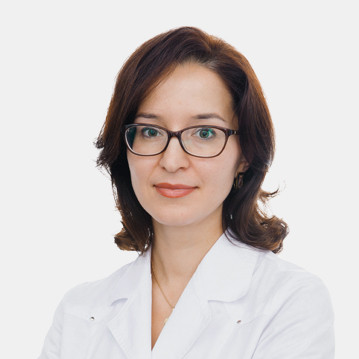





















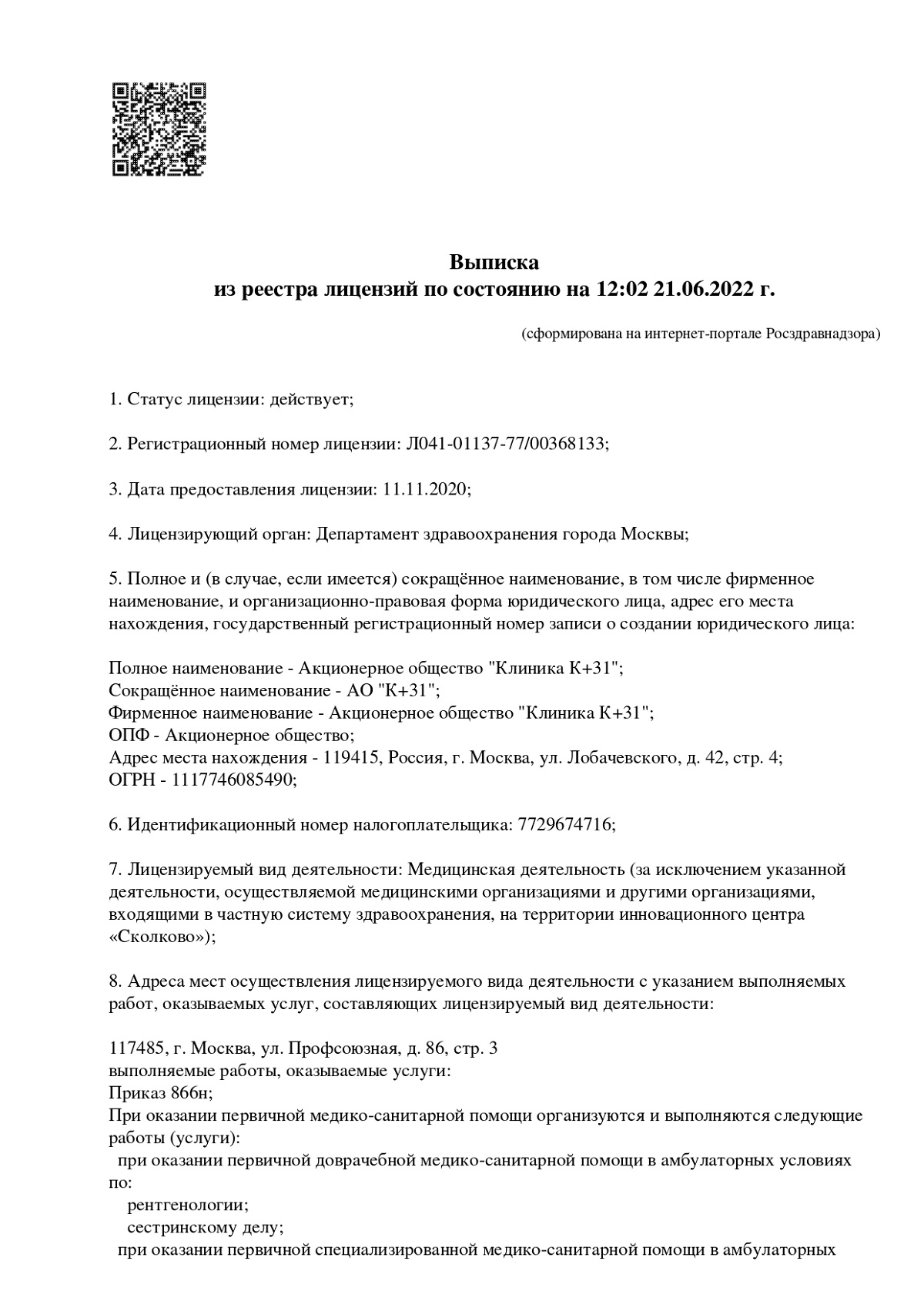
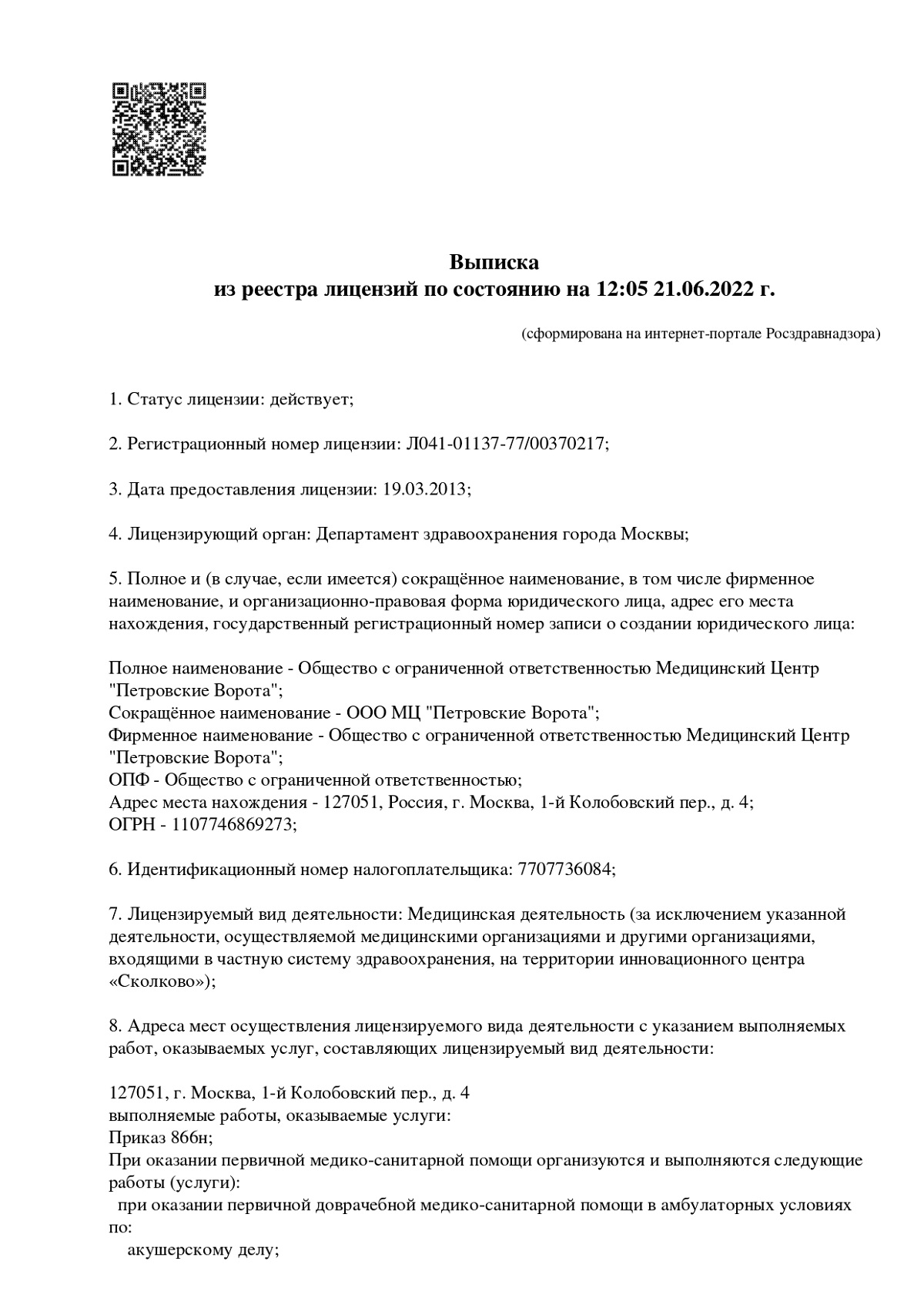
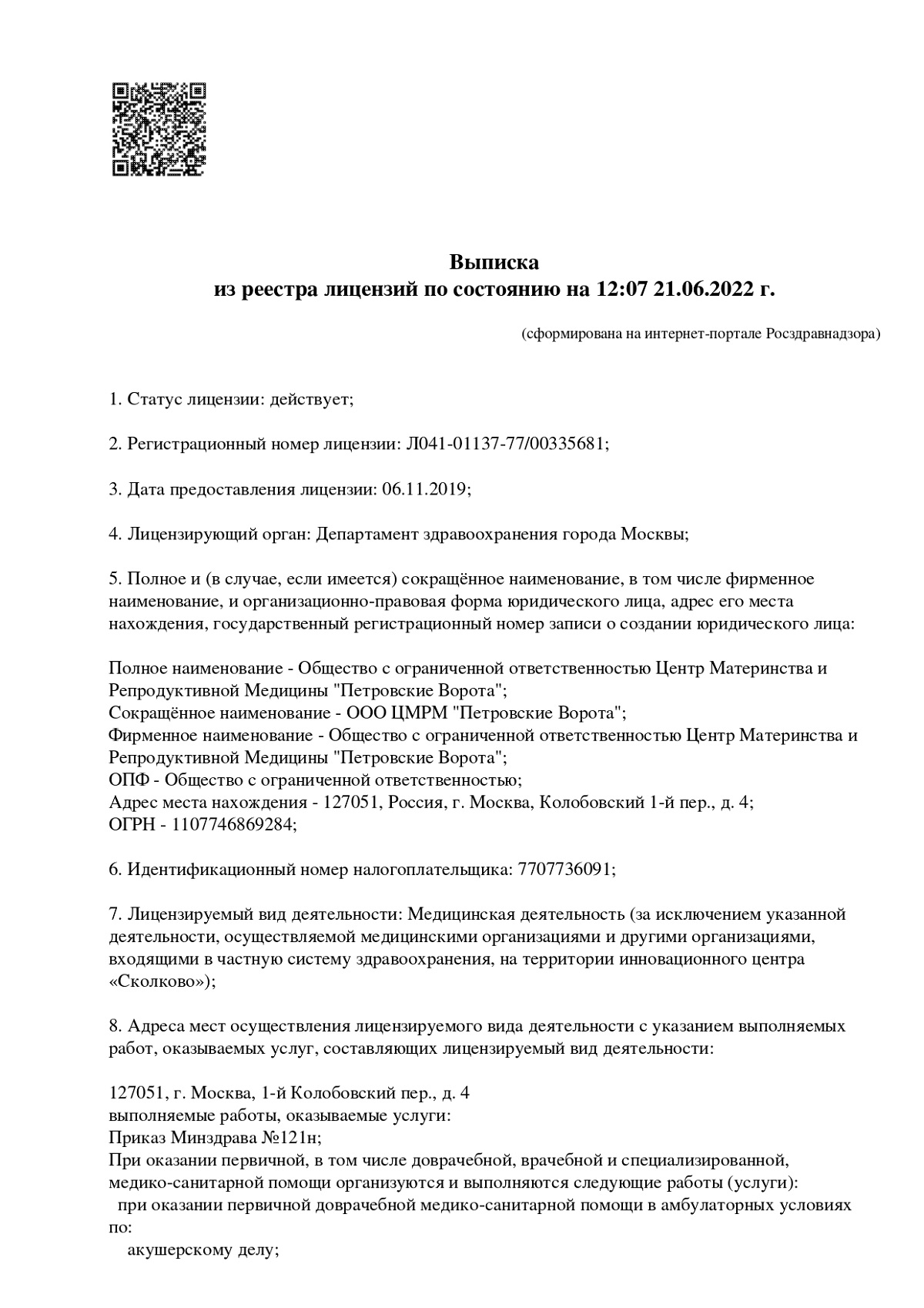
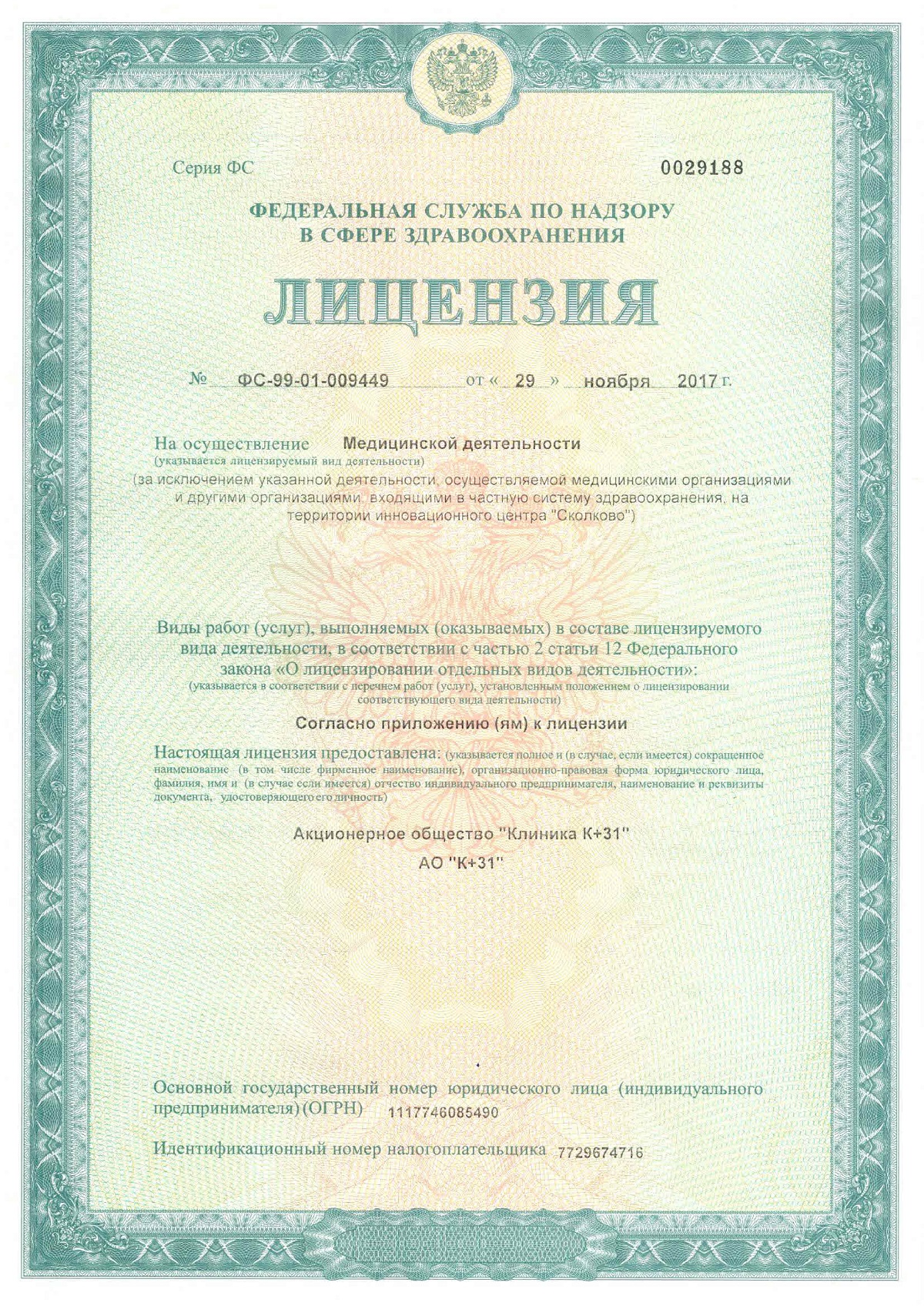
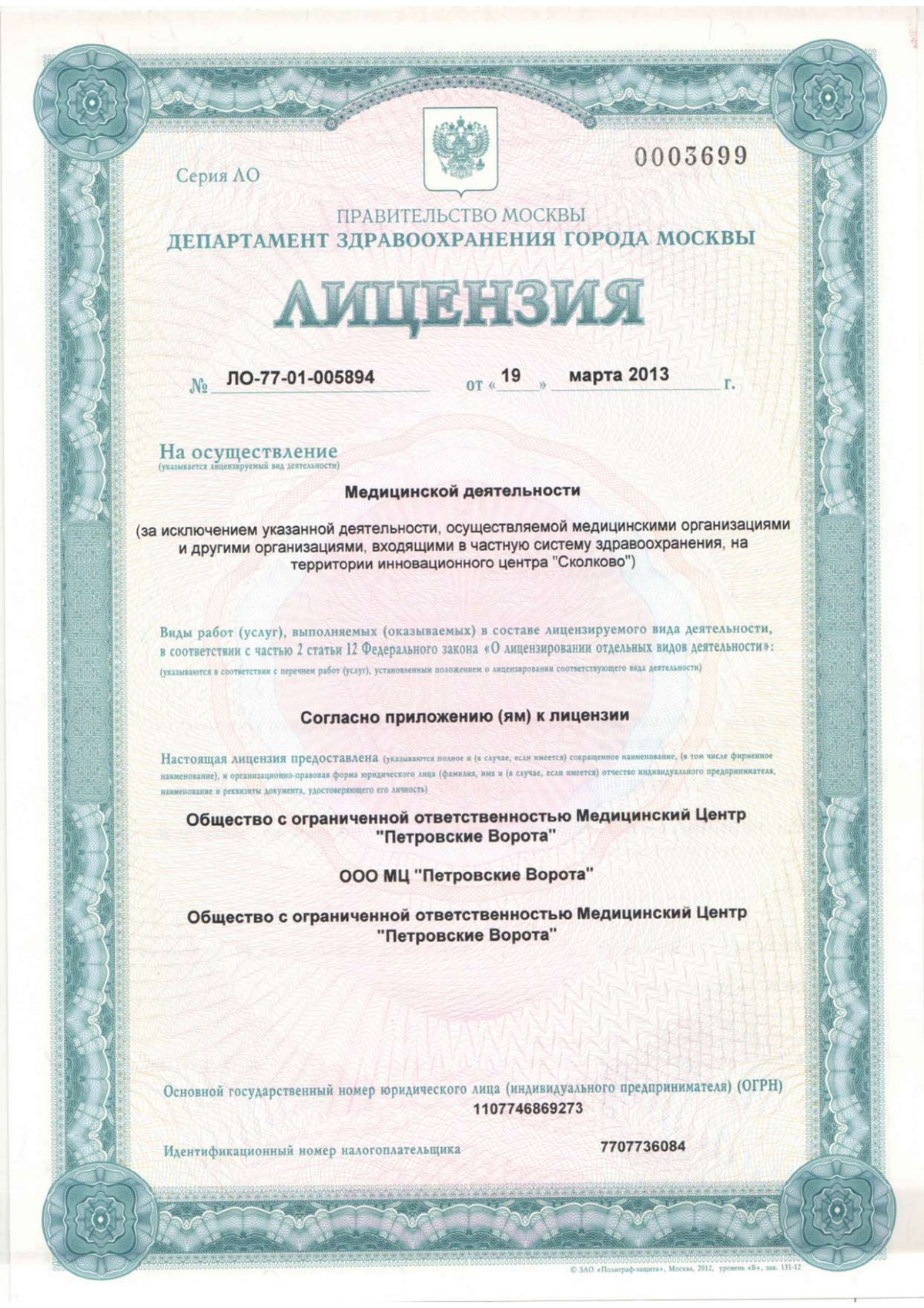

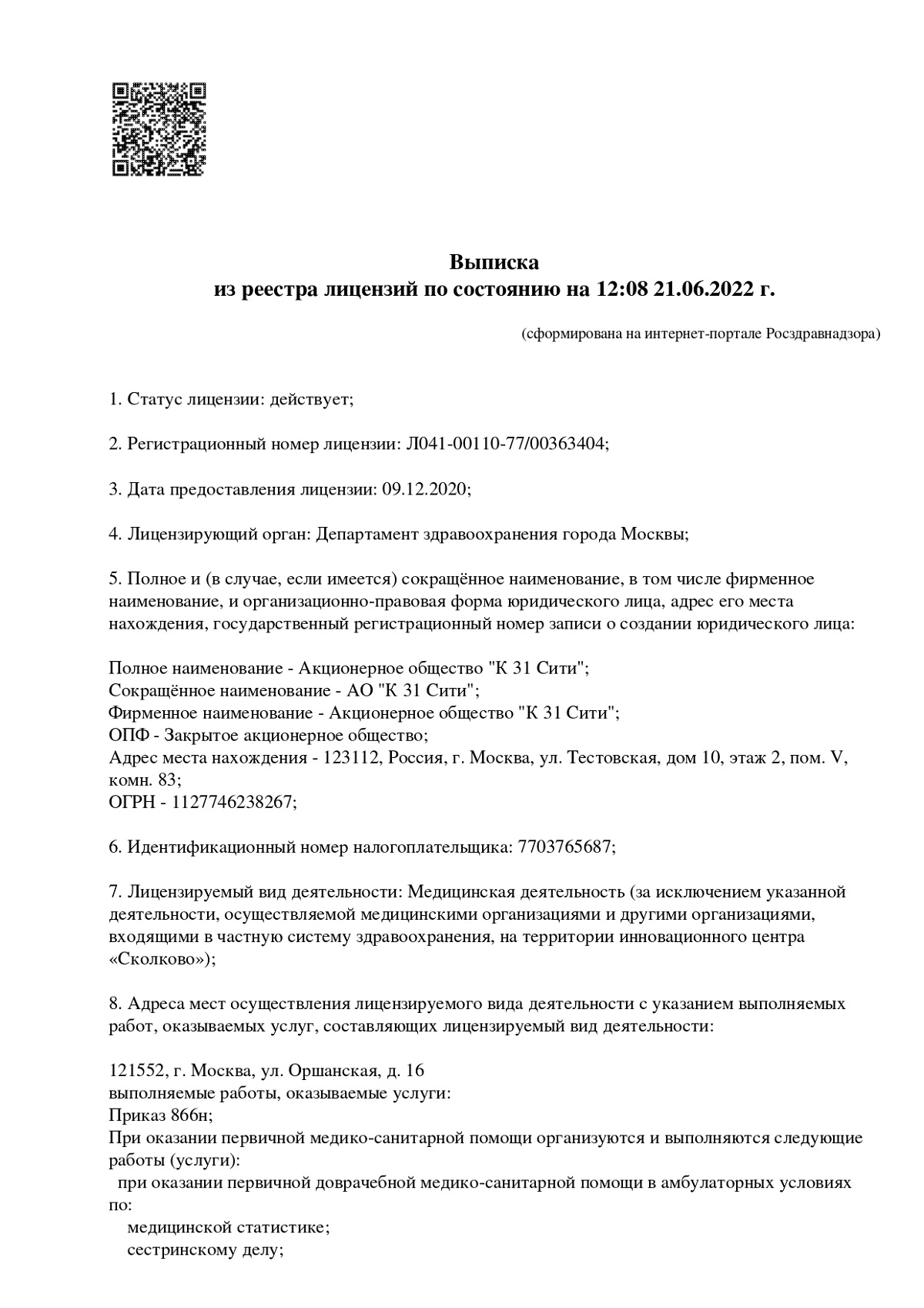
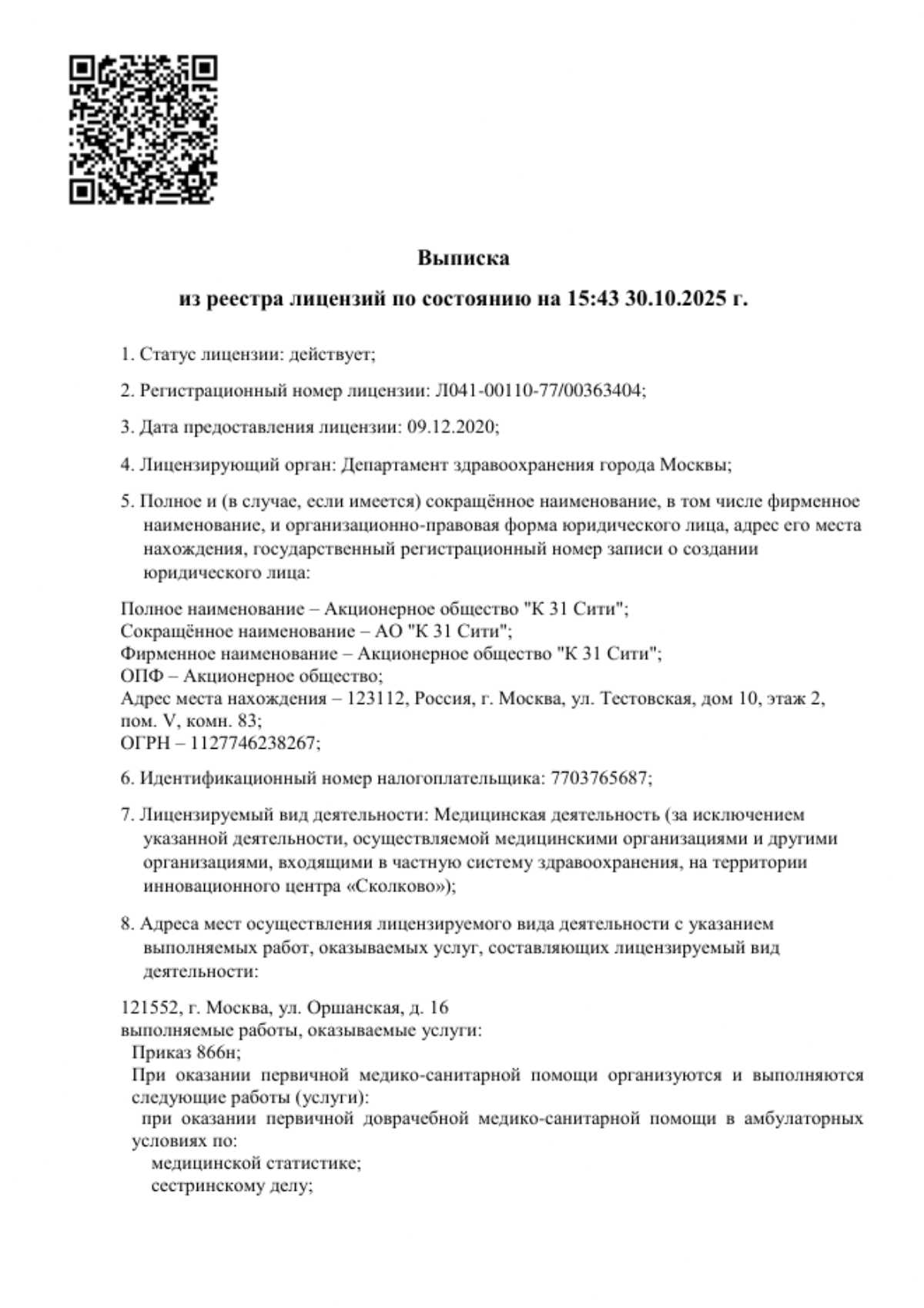
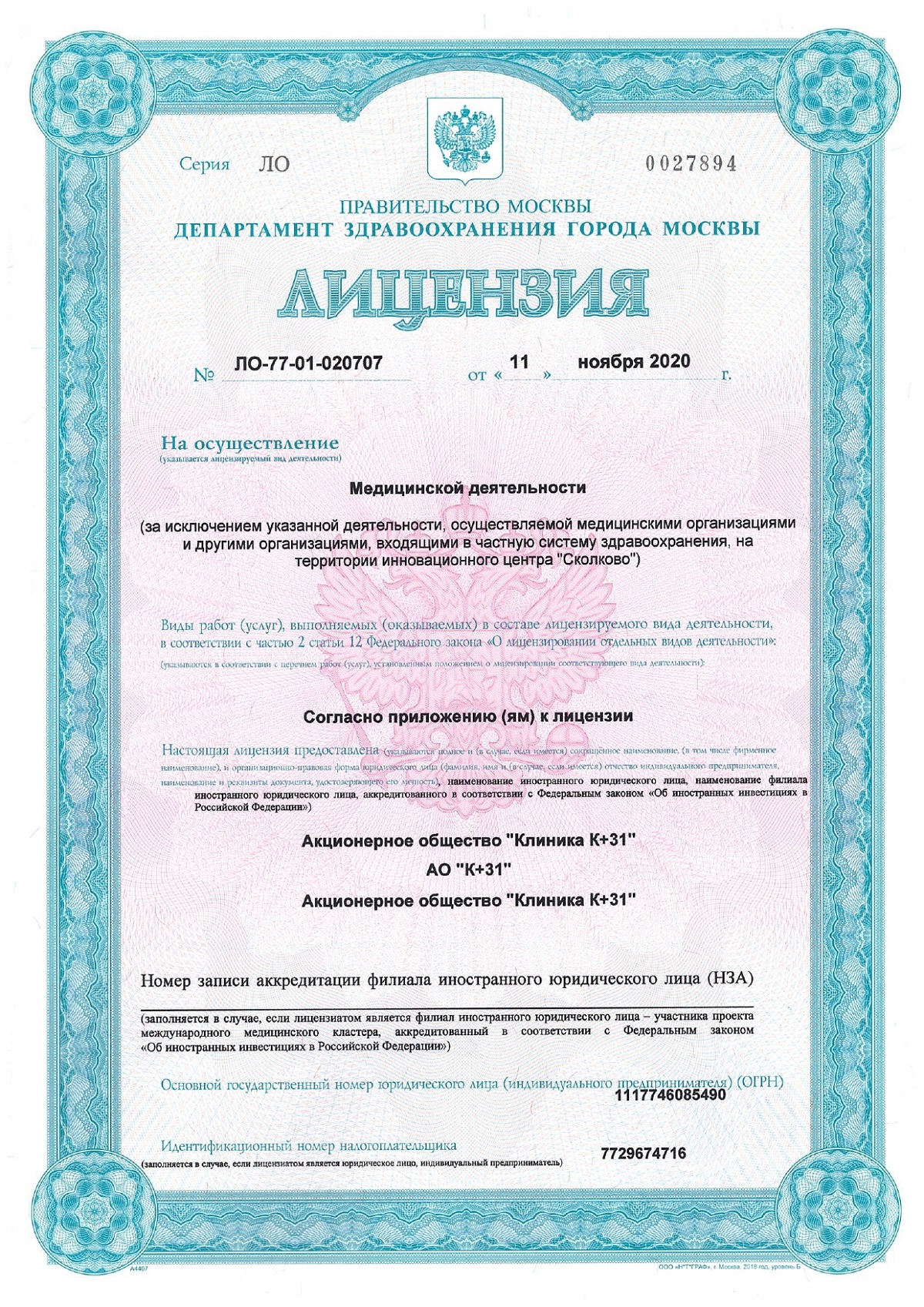
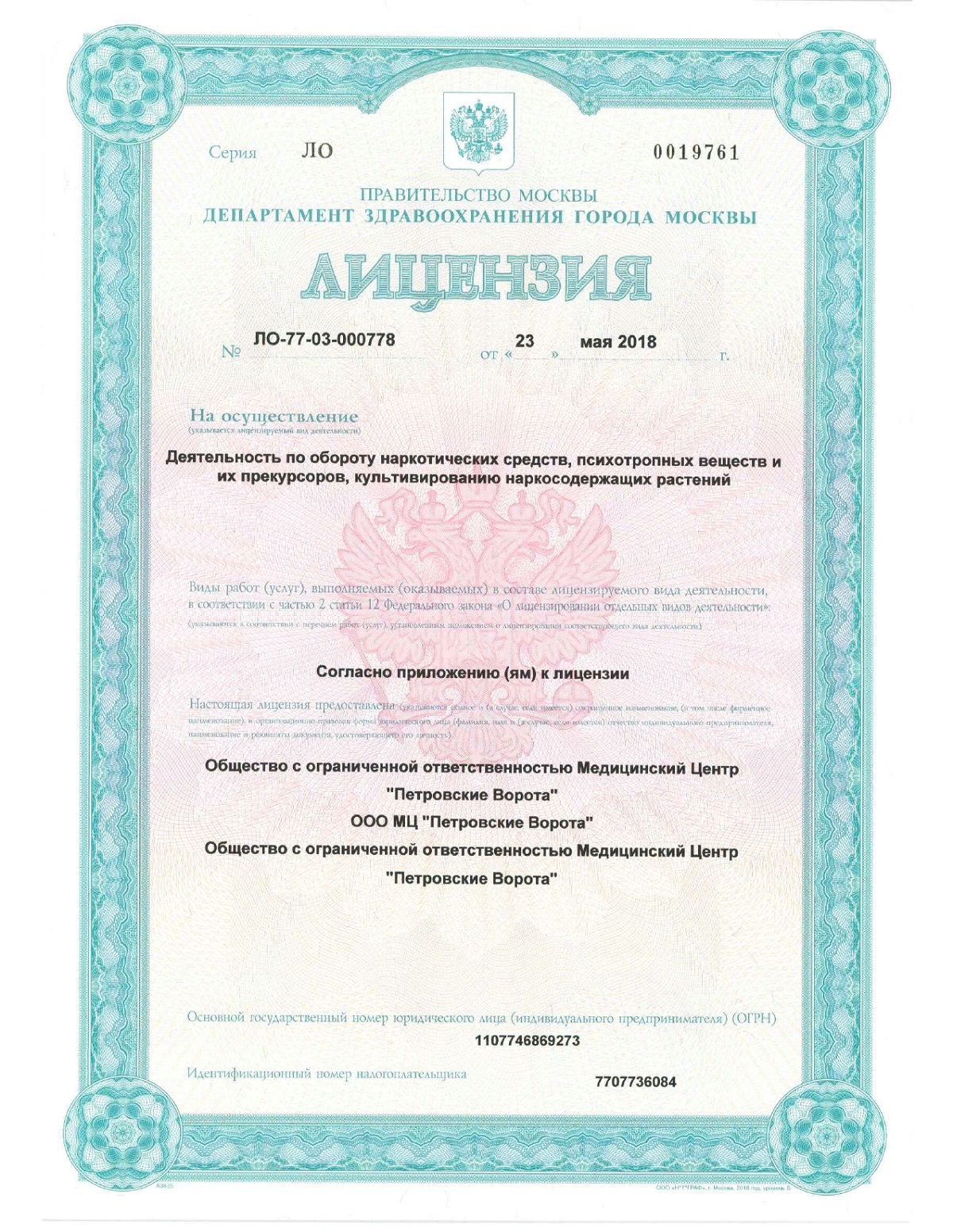

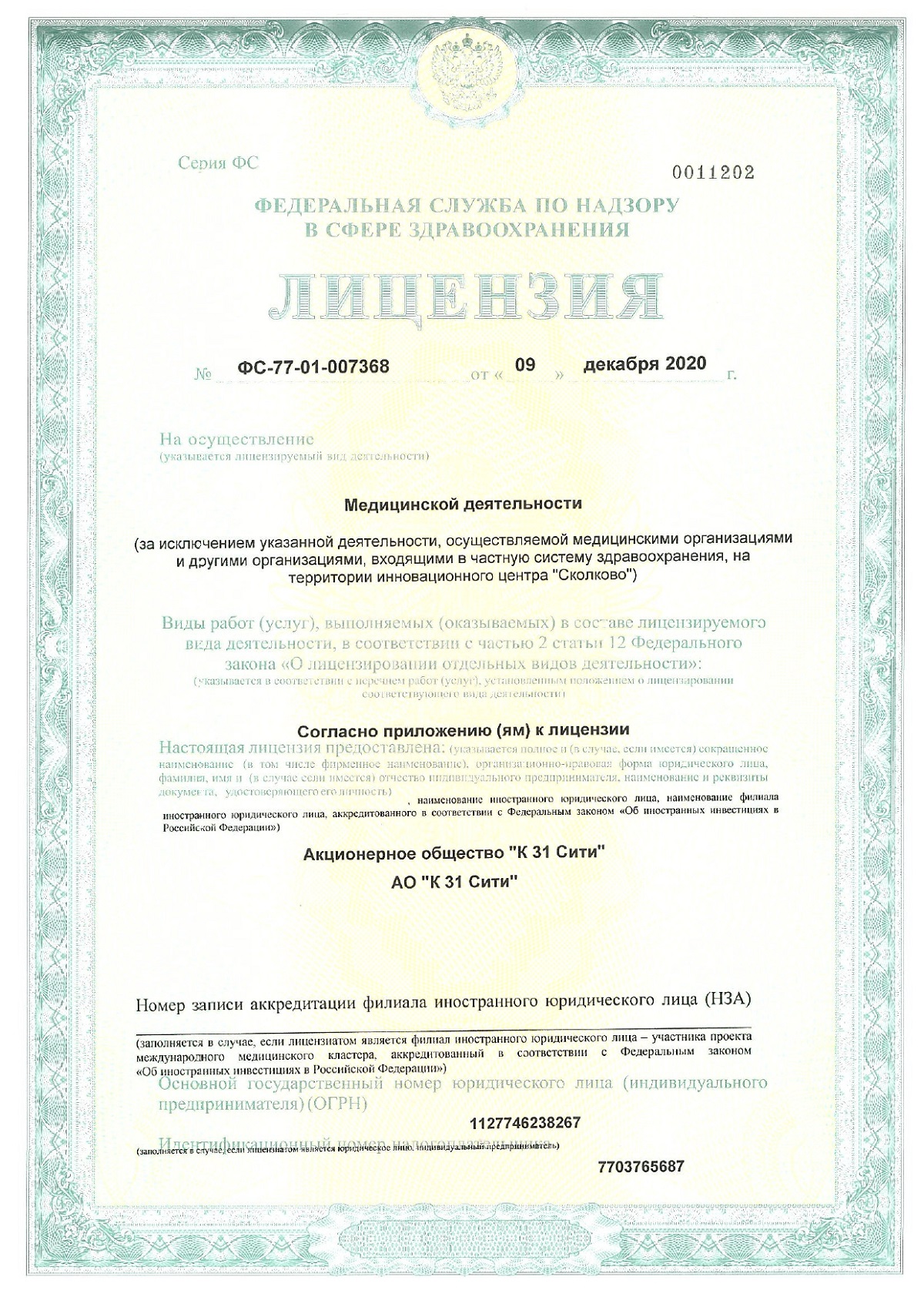



Types of intestinal diseases
Inflammatory bowel disease often arises from ulcerative colitis, a condition that primarily affects the colon, causing cycles of flare-ups and remissions. The main symptom of this pathology is abdominal pain. Diarrhea is also present, and in severe cases, internal bleeding occurs, which is reflected by changes in stool color. Other types of intestinal inflammation include:
Almost all of these inflammatory bowel diseases arise from disruption of the microbiota of the small and large intestines. Crohn's disease develops due to a genetic predisposition.